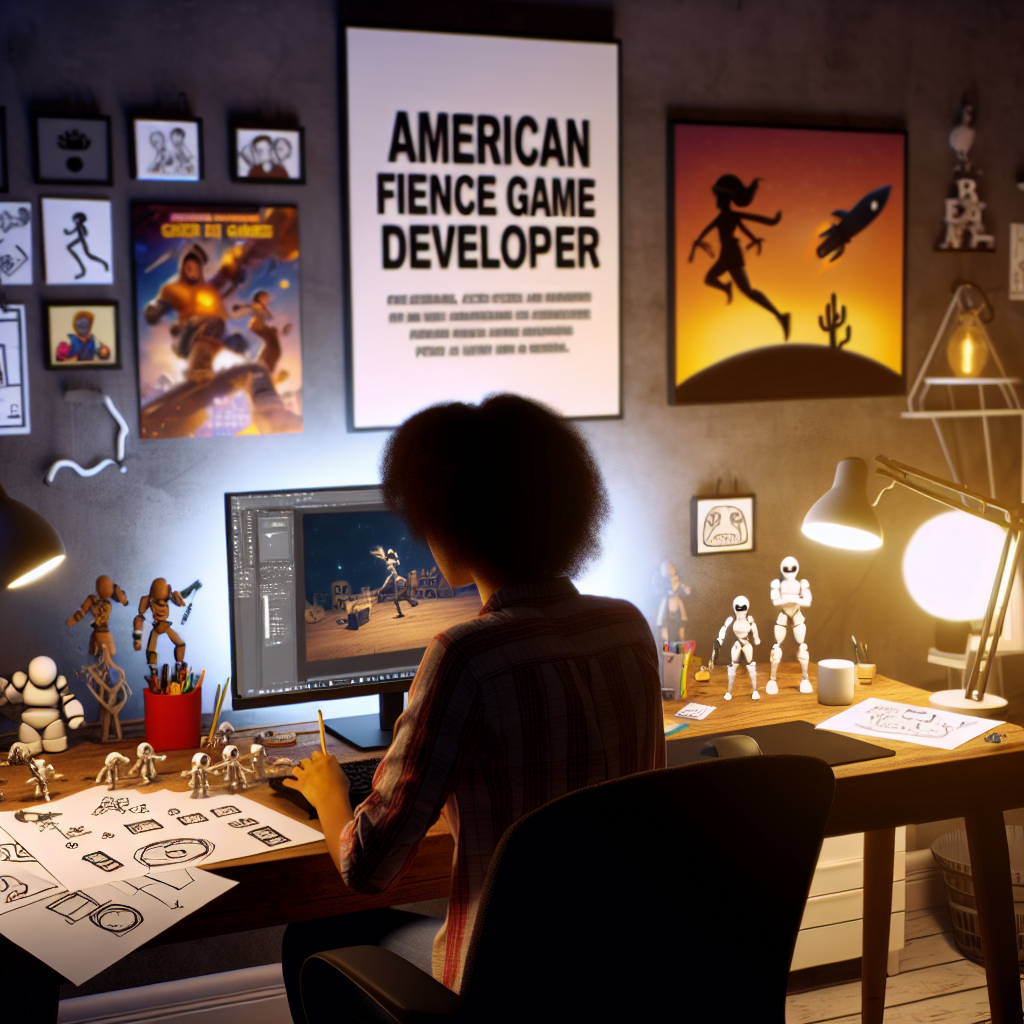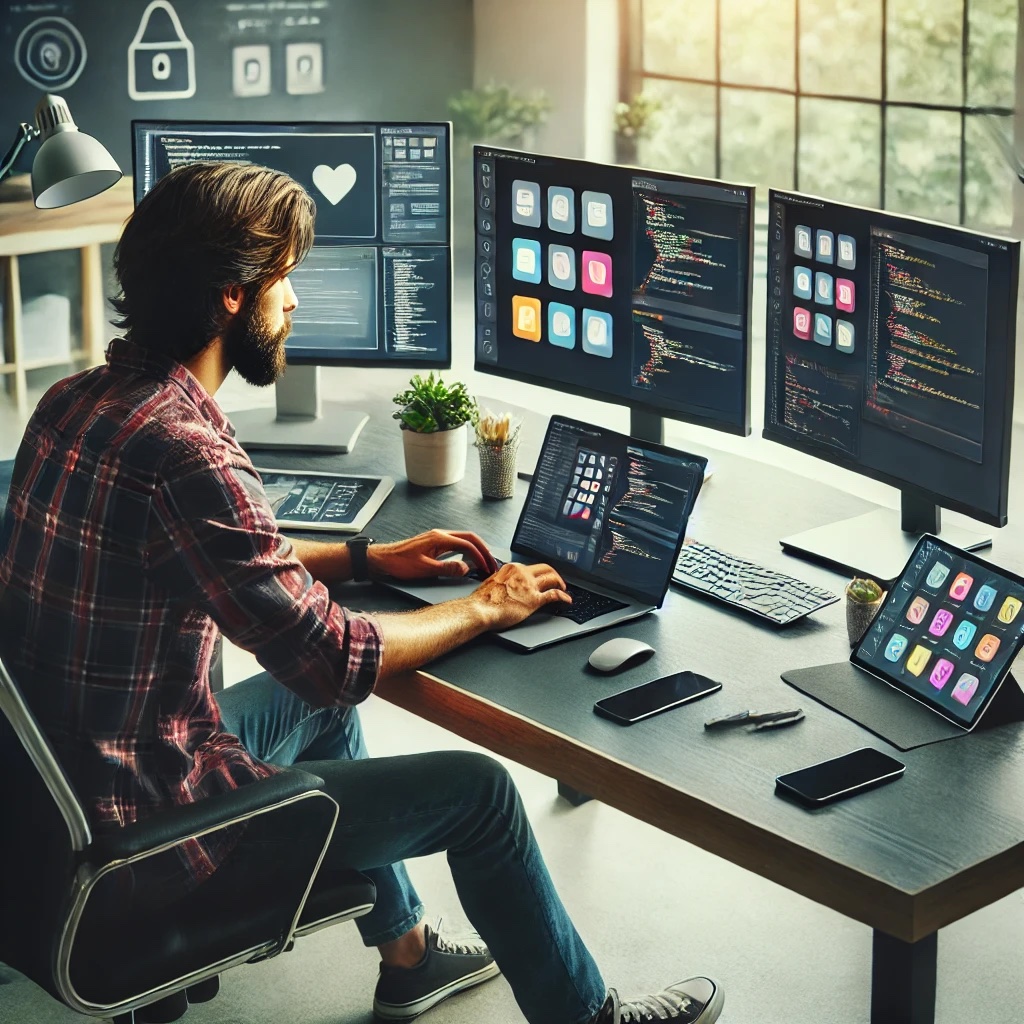
Many people have found themselves spending more time at home and relying on televisions, video games, computers, and phones to pass the time as new products are released and dependence on technology grows.
Since more people than ever are working from home, many are spending more time on screens. When you work from home, Zoom or other video meetings take the place of all in-person meetings, so you spend a lot more time staring at a screen than you would on an ordinary day.
Can experiencing so much screen time be harmful to our eyes? what can we do to reduce the likelihood of eye damage from screens?
We will address these questions in this blog post.
Effects of Too Much Screen Time on the Eyes
Eye strain can result from gazing at a screen for an extended period of time. The blue light from a screen causes you to blink less, and the movement of the screen makes it more difficult for your eyes to focus. The screen is generally not placed at the appropriate distance or angle, which might lead to additional strain. All these problems add to vision problems that can last a lifetime, especially in children.
The following are possible effects of too much screen time:
Eye fatigue
Eye fatigue, also known as eye strain, is a common problem that can be caused by prolonged use of screens, such as computers, smartphones, and tablets. When you look at a screen for an extended period of time, your eyes can become dry and tired, and you may experience symptoms such as fatigue, headaches, and blurred vision.
Dry and irritated eyes
When you stare at a screen all day, you tend to blink less, which can cause dryness and irritation in your eyes. This is because screens emit blue light, which can reduce the production of melatonin, a hormone that helps regulate sleep. When melatonin levels are disrupted, it can lead to difficulty falling asleep and other sleep-related problems. Getting dry eyes should be avoided because it might harm your eyes and impair your eyesight.
Loss of focus flexibility
This disease sometimes referred to as presbyopia, affects eyesight and makes it challenging to focus on close objects as the lens becomes less flexible. The crystalline lens of the eye may concentrate both near and far images during the early and middle years of life by becoming thicker for close objects and narrower for distant ones. Presbyopia occurs when this capacity declines.
Nearsightedness
The use of screens can keep our children inside, which may have long-term effects on their eye health. Natural lighting is crucial for children’s eyes as they develop. Children who spend more time indoors are more likely to become nearsighted, according to studies.
Retinal damage
Blue light from digital devices can enter the lining of the back of your eye (retina). According to studies, blue light can harm the retina’s light-sensitive cells. Early age-related macular degeneration may result from this, which can cause vision loss. Children are more prone than adults to experience this when exposed to this high-energy light, according to the American Optometric Association.
Read: How to Balance Screen Time and Health
Tips to Protect Your Eyes From Screen Time Damage
There are easy steps you can take to reduce your risk of eye strain or damage, including:
- Take regular breaks: It’s important to give your eyes a rest from screens every 20-30 minutes. This can help reduce eye strain and fatigue. During your breaks, try looking at something in the distance or closing your eyes for a few seconds to give your eyes a chance to relax.
- Adjust your screen settings: Make sure your screen is at a comfortable distance and angle for your eyes. The ideal distance is about an arm’s length or 25 inches away from your face. You should also adjust the text size and contrast so that the screen is easy to read and doesn’t cause strain on your eyes.
- Blink frequently: Blinking helps to moisten your eyes and reduce dryness. When using screens, people tend to blink less frequently, which can lead to dry eye. Try to blink frequently when using screens to help prevent dry eye.
- Use the 20-20-20 rule: The 20-20-20 rule is a simple way to give your eyes a break from screens. Every 20 minutes, take a 20-second break and look at something 20 feet away. This can help reduce eye strain and fatigue.
- Use artificial tears: If you experience dry eyes while using screens, try using artificial tears to help lubricate your eyes and reduce dryness. These can be found over the counter at most pharmacies and are usually safe to use as needed.
- Keep your screen clean: Regularly clean your screen with a microfiber cloth to remove dirt and oil, which can cause glare and make it harder to see. This will help reduce eye strain and improve the overall clarity of the screen.
- Reduce glare: The majority of the light that emanates from digital screens and LEDs can be damaging to your eyes. If you gaze at blue light for an extended period of time, it can increase your risk of eye disease and even harm your retinas. Some people who have vision problems may acquire computer eye syndrome, often known as a digital eye strain. You can use an anti-glare screen protector or change the lighting in your workstation to prevent glare.
- Get regular eye exams: It’s important to visit an eye care professional regularly to have your eyes checked and to ensure that you have the right prescription for any corrective lenses you may need. This can help detect any problems early on and prevent future vision issues.
Conclusion
If you take action to lessen your eye discomfort, the effects of too much screen time on your eyes can be easily avoided. If symptoms start to appear, your safeguards are definitely inadequate. Talk to your primary care practitioner if the above-mentioned straightforward suggestions don’t work for you since you might have an underlying eye issue, such as an imbalance in your eye muscles or incorrect vision.
Before you go…
Hey, thank you for reading this blog to the end. I hope it was helpful. Let me tell you a little bit about Nicholas Idoko Technologies. We help businesses and companies build an online presence by developing web, mobile, desktop, and blockchain applications.
We also help aspiring software developers and programmers learn the skills they need to have a successful career. Take your first step to becoming a programming boss by joining our Learn To Code academy today!
Be sure to contact us if you need more information or have any questions! We are readily available.










